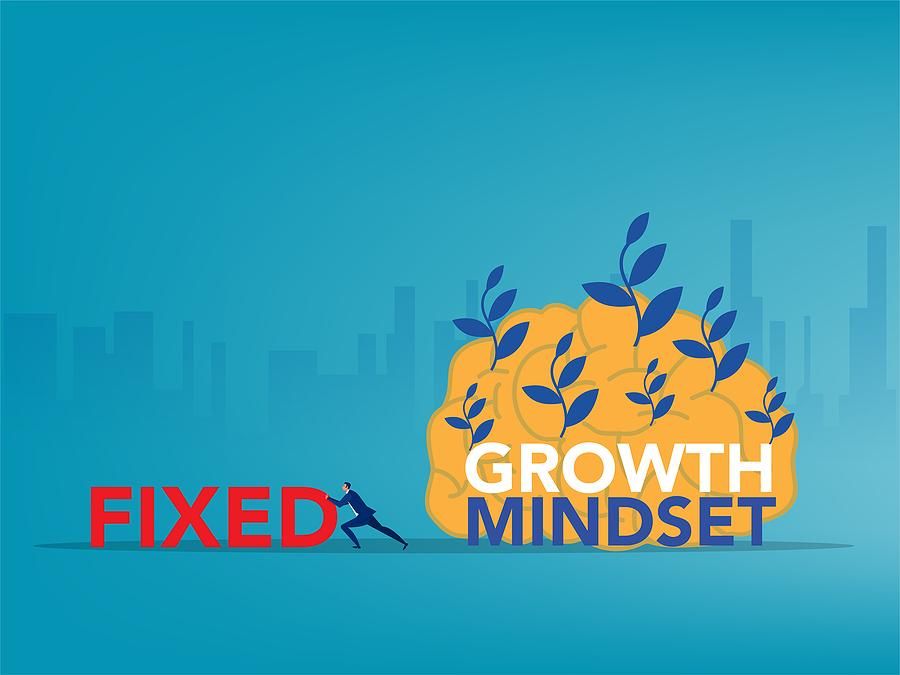Fixed vs. Growth Mindset: Which Is Better For Your Business To Stay Relevant And Resilient?
The world of business has changed drastically over the last decade. Large corporations have fallen to the wayside, while smaller businesses with nimble mindsets and the ability to pivot at a moment’s notice have taken their place. In this fast-paced environment, it’s important that you constantly reevaluate your strategies and decide what will give you the advantage over other companies.
There are two mindsets that can either make or break your business: the growth mindset and the fixed mindset. Understanding which one best fits your company can make all the difference when it comes to long-term success.
Read on to learn everything you need to know about these two mindsets, including how they affect your company, how each one can be beneficial for your organization, and which one is better suited for you and your team.
What Is A Growth Mindset?
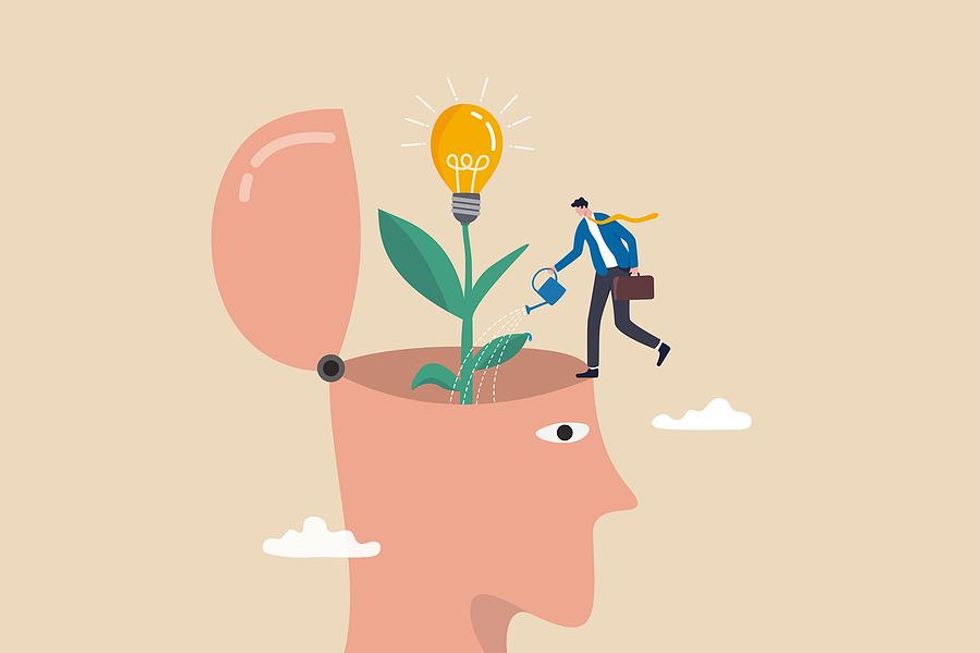
Bigstock
A growth mindset is an approach toward business where you believe that every person can learn and improve and that every company can grow and succeed. A growth mindset is based on the idea that we all have the ability to change and grow, given the right environment and tools. A growth mindset will help you to prioritize improvement over instant success, allowing you to constantly evolve and expand your business as needed.
If a growth mindset is the foundation of your business, you’ll be able to pivot and adjust to new information with ease. You’ll be able to take advantage of new opportunities, learn from mistakes, and evolve in response to your customer’s ever-changing needs.
What Is A Fixed Mindset?
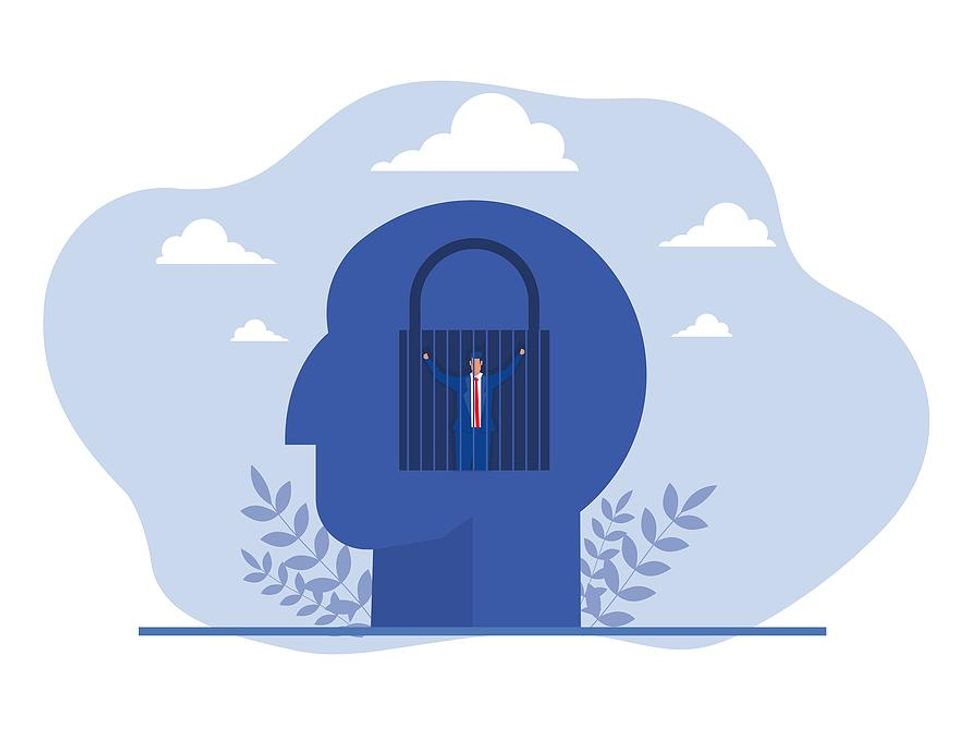
Bigstock
A fixed mindset is an approach toward business that believes success can only be attained by having the “right” genetics and experience. A business with a fixed mindset focuses on the past and the need to be perfect. This can be stifling to a company’s growth and can often lead to stagnation.
A fixed mindset can lead to employees who are afraid to make mistakes and who may be holding the company back. A fixed mindset is not constructive; it’s often based on fear. This can lead to employees who avoid change and who refuse to learn new skills, even if those skills would greatly benefit the business.
Why Is Understanding Your Mindset So Important?
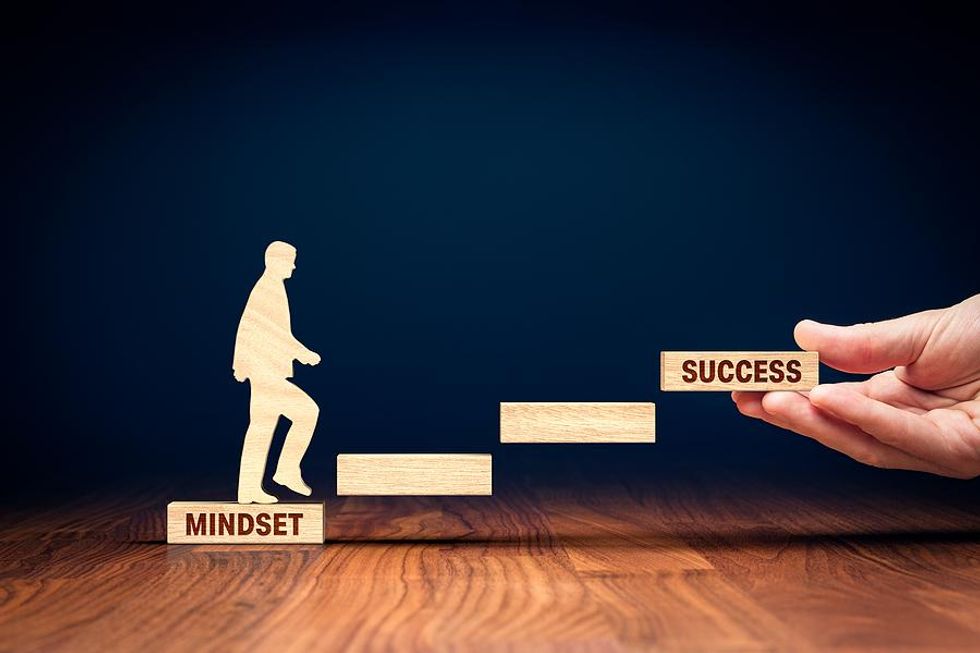
Bigstock
Both growth and fixed mindsets are necessary for success but in varying degrees. While both mindsets can be beneficial in certain areas of your business, one may be better suited for certain tasks than the other.
For example, a fixed mindset is beneficial for creating highly detailed and accurate long-term strategies. A growth mindset, on the other hand, is beneficial for fixing smaller, day-to-day problems. A business that has employees with both mindsets can work to their advantage. If a team is made up of people who have the ability to shift their mindset as needed, the company can respond to challenges quickly and efficiently.
Which Mindset Is Best For Your Business?
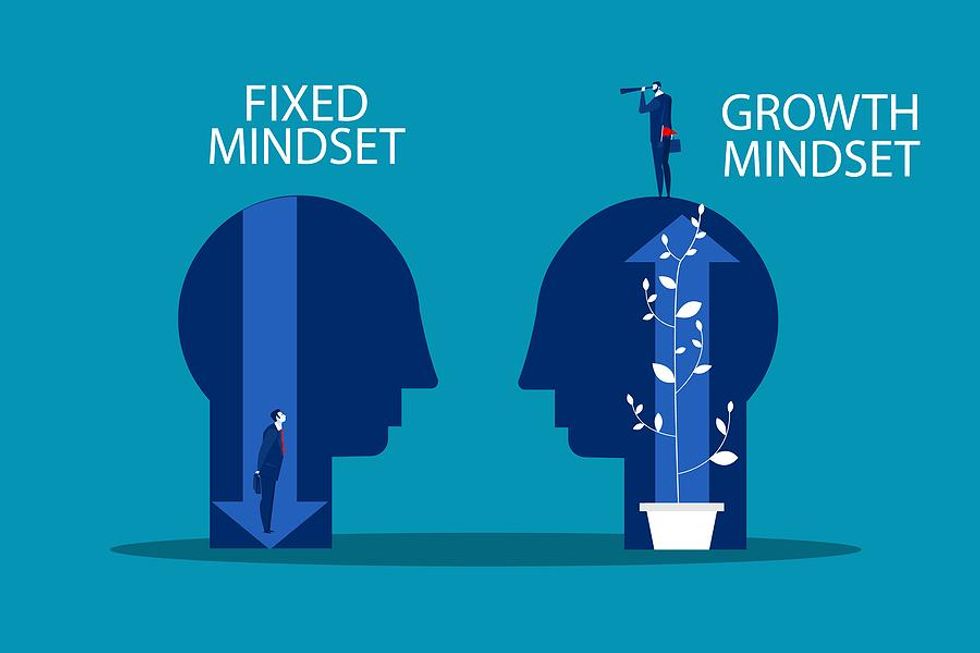
Bigstock
As you begin to examine each mindset and how it can benefit your business, you’ll want to ask yourself a few key questions:
- Are you trying to get to the top as quickly as possible? Or do you want to build a company that will last?
- Is your company in a growth or fixed stage right now?
- Are your employees able to adapt to the needs of their customers?
These questions can help you to decide whether a growth or fixed mindset would be best for your business, given the current state of your company.
Bottom Line
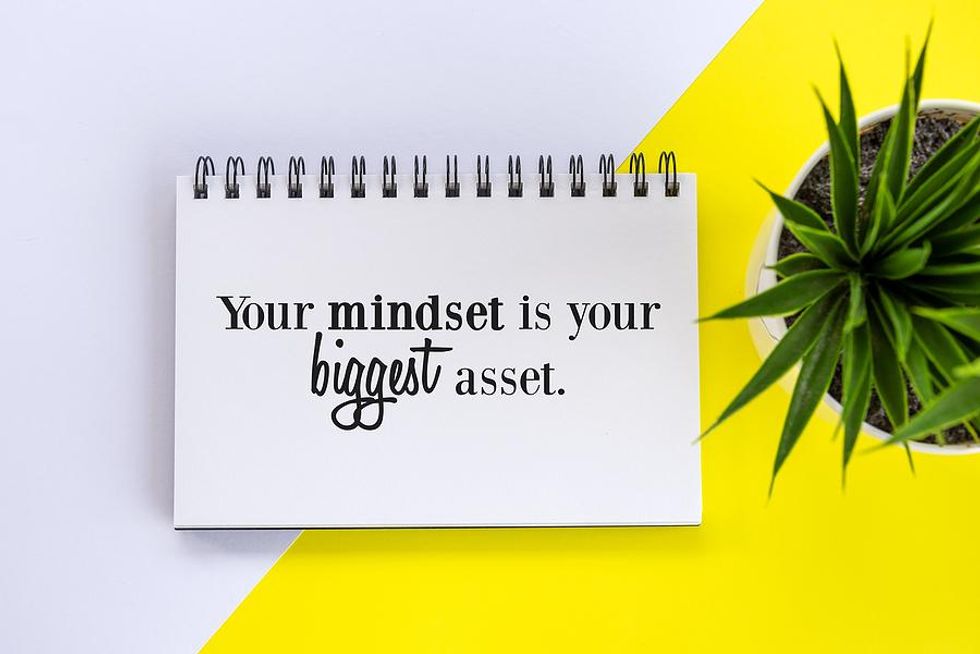
Bigstock
The world of business has changed, and it’s now more important than ever to be flexible and agile. Companies that can quickly adapt to new information will survive; those that can’t will fall to the wayside.
Whether you’re trying to decide which mindset is the best fit for your company, or you’re trying to inspire your employees to embrace change and grow, the best place to start is by understanding the difference between a fixed and a growth mindset.
